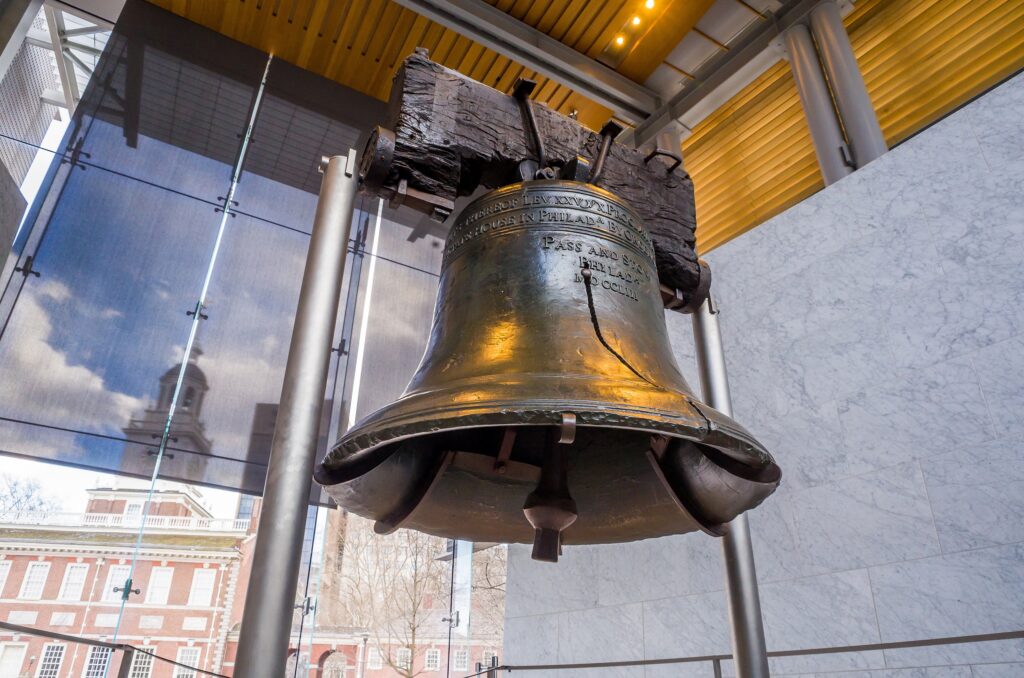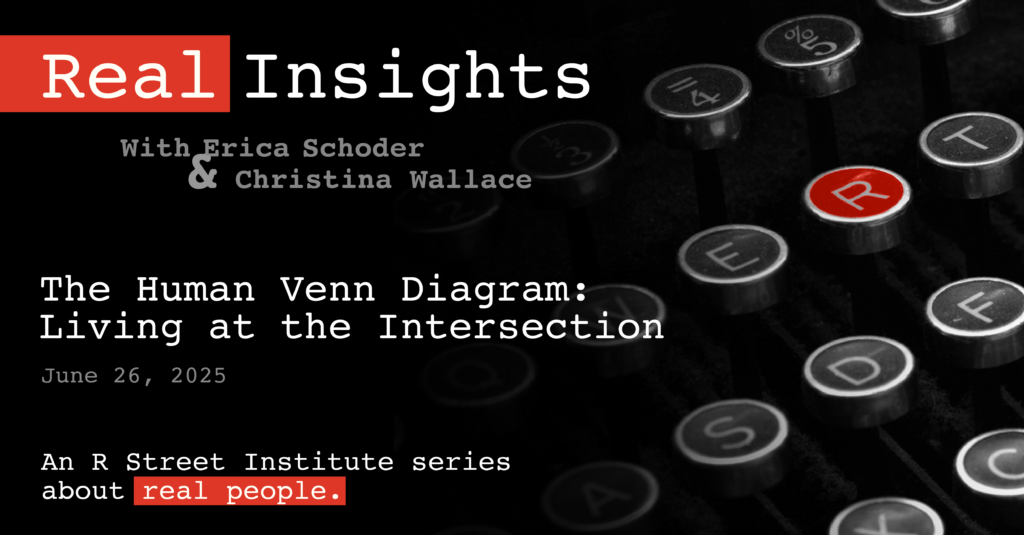California looks to finally end the Cold War
The Cold War ended decades ago, but vestiges of the conflict still surround us. In the California Legislature, Assemblyman Rob Bonta, D-Oakland, has introduced Assembly Bill 22, which seeks to bring one chapter of that history to a close.
A.B. 22 would replace a nearly 80-year-old prohibition that barred members of the Communist Party or individuals who otherwise advocated communist ideals from employment by the State of California. In its place, the bill would impose an ideologically neutral prohibition on employing anyone who actively seeks the forceful or violent overthrow of the government of the United States.
There can be no doubt that communism was a blight on the 20th century. In its name and under its red banners, hundreds of millions of people were killed. And it is well-known that the chief geopolitical rival of the United States through the second half of that century—the Soviet Union—was a power animated by communist ideology.
It is therefore no wonder that, in an effort to ensure the state’s government institutions were not subverted by those who would like to see the Soviet Union best the United States, legislators placed in statute a prohibition on employment for anyone with ongoing ties to, or outspoken sympathy for, the Communist Party. The party, like the Soviet Union, was understandably viewed with extreme prejudice by lawmakers who felt threatened by those who sought to topple market-oriented liberal democratic institutions. In fact, the text of the existing California law goes into great detail about the consequences of communism and spells out unambiguously the threat post by a Communist fifth column.
But while it remains helpful to examine the history of communism to better understand dictatorial barbarism and anti-democratic preferences, the time has come to correct the mistakes that legislators of decades past made when they needlessly trampled their own values by targeting people’s beliefs, rather than their actions. AB 22 does that.
To be clear, there aren’t legions of communists waiting to enmesh themselves in California’s bureaucracy, so it’s a bit strange that a lawmaker would feel so strongly as to want to carry the legislation. But Republican opposition to Bonta’s bill is no more explicable.
Bonta’s bill doesn’t diminish our recognition of the repugnant nature of communist ideology. That ideology was, and remains, an affront to individual liberty and dignity. But it is the liberal aspirations of the United States—which preclude discriminating on the basis of one’s political beliefs—that set the country apart from the Soviet Union in the first place.
Image by StrelaStudio









